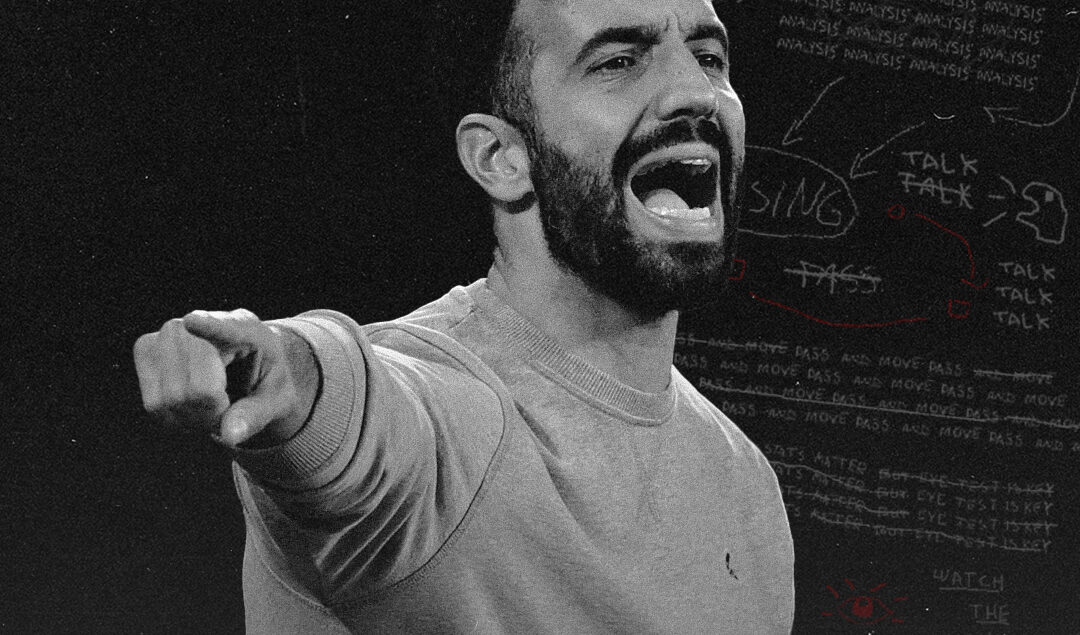Do Man United Have Enough Time and Patience For Ruben Amorim?

The cycle of short-term fixes has perpetually hindered Manchester United’s pursuit of lasting success. With each managerial change, the club finds itself spiralling into familiar patterns of impatience. Can Ruben Amorim’s long-term vision break this cycle and lead the club to genuine resurgence? This narrative explores Manchester United’s struggle with impatience and how it could shape their future.
In recent years, the historic football giant has grappled with the challenge of reconciling its immediate needs with a vision for sustainable growth. A string of managerial changes reflects a culture often favouring quick fixes over enduring solutions. The ongoing narrative surrounding Manchester United’s downfall illustrates this tension, as new initiatives strive to counteract past failures. The question remains whether the club can escape its cycle of short-termism to embrace a comprehensive rebuild under new leadership.
The cycle of immediacy
Manchester United’s recent history is dotted with abrupt managerial changes that underscore a broader impatience within the club. This pattern suggests a persistent belief in swift solutions, often at the expense of continuity and progress. Recent seasons have witnessed multiple dismissals that disrupted potential growth trajectories, reflecting a reactive rather than proactive approach. This short-term mentality is not unique to Manchester United but prevalent across top-flight football.
Such decisions mirror a broader industry trend where clubs prioritize immediate results over long-term stability. However, this strategy often proves counterproductive, leading to instability and inconsistency on the field. It highlights a critical dilemma: balancing the demand for instant success with the need for patient development. Understanding these dynamics is crucial as Manchester United contemplates its next steps in overcoming recurring challenges.
Amorim’s long-term vision
Ruben Amorim represents a departure from the club’s customary urgency-driven culture, bringing a tactical acumen honed at Sporting CP. His emphasis on development and systematic growth stands in stark contrast to Manchester United’s prevailing culture of immediacy. However, his success hinges on whether he receives adequate time to embed his philosophies within the team structure.
The strategic shift envisioned by Amorim requires fundamental changes, including recruitment policies and youth integration initiatives. These adjustments are essential for laying a foundation that supports sustained improvement rather than transient success. Without sufficient time and resources to implement these strategies fully, even a manager of Amorim’s caliber could face insurmountable obstacles.
Tactical overhaul vs. cultural expectation
Implementing Amorim’s strategies demands more than just tactical adjustments; it requires a cultural transformation at Old Trafford. Changes in recruitment practices, formation preferences, and player development pathways are integral to this overhaul. However, this downfall cannot be solely attributed to managerial changes; it reflects deeper systemic issues that necessitate comprehensive reform.
Patience as a critical factor
A successful rebuild necessitates patience, allowing new tactics and coaching methods time to bear fruit. Historical precedents demonstrate how legendary managers benefited from unwavering support during formative years. Sir Alex Ferguson’s early tenure highlights the importance of backing visionary leaders through challenging periods.
This patience can transform potential into reality, fostering an environment where innovative ideas flourish over time. Embracing this mindset may well hold the key to reversing past missteps and forging a brighter future for Manchester United. Do Manchester United have enough time and patience for Ruben Amorim to implement his vision successfully?
Potential roadblocks
The road to recovery is fraught with challenges, such as financial constraints, boardroom politics, and relentless media scrutiny all pose significant hurdles. Short-term performance dips could quickly derail long-term plans if stakeholders lose confidence in the process.
Navigating these complexities requires astute leadership that is capable of balancing diverse interests while remaining steadfast in its pursuit of overarching goals. Achieving equilibrium between ambition and pragmatism will prove pivotal in determining whether Manchester United can transcend its current predicament.
